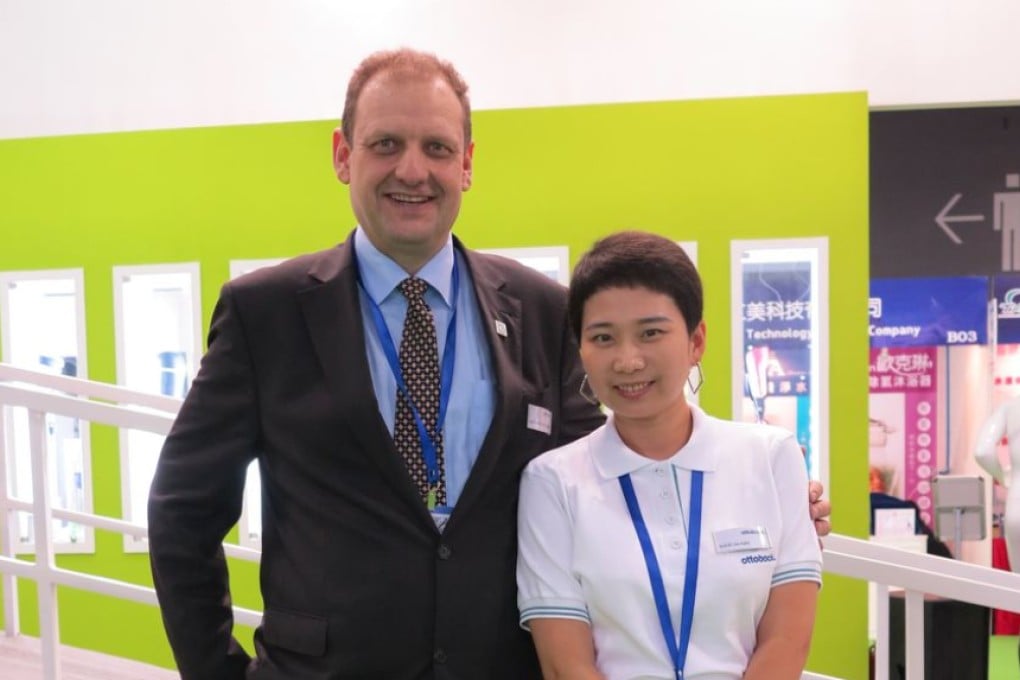Ottobock lets people with disabilities reclaim their mobility
While physical disabilities may seriously hinder the quality of life, leading German medical care company Ottobock - a producer of prosthetics, orthotics and mobility devices - seeks to raise awareness about the well-being of the mobility-impaired across Asia.

While physical disabilities may seriously hinder the quality of life, leading German medical care company Ottobock - a producer of prosthetics, orthotics and mobility devices - seeks to raise awareness about the well-being of the mobility-impaired across Asia.
Now on its third generation, the family-owned company has pursued its vision over the last 100 years to improve mobility for those with physical challenges through its pioneering products and services.
"Ottobock has set the standards for the orthopaedic industry," says Ralf Stuch, regional president for Asia-Pacific. "Our mission is to bring our superb orthopaedic products into Asia and create an understanding for regaining mobility as a means of achieving quality of life."
Founded in Berlin in 1919, Ottobock employs more than 7,000 people and maintains 53 wholly owned subsidiaries worldwide - guaranteeing the best products, sales, technical and customer service for the global market.
Investing more than US$50 million annually and partnering with universities and engineering firms on furthering research and development, the company remains at the forefront of innovation. The Genium-Bionic Prosthetic System is an example of its many groundbreaking product milestones. Utilising state-of-the-art computer, sensor and control technologies, it ensures maximum user safety and mobility for activities such as walking up and down stairs and walking backwards.
"Our innovations give us an edge over competitors and make us a dominant player," Stuch says. "Our strategy is tailoring our products to address specific needs."
Ottobock's growing presence in China - Asia's second-largest market for medical devices after Japan - has placed it in a favourable position to quickly respond to market demands. Aside from its production and headquarters facility in Beijing, the company has subsidiaries in Guangzhou, Chengdu, Shanghai and Wuhan, and joint ventures in Qingdao and Hangzhou.
As part of its commitment to raise disability awareness, Ottobock promotes sports for the disabled through its "Passion for Paralympics" exhibition - a series of running clinics with German sprinter and 2012 London Paralympics winner Heinrich Popow. It also partners with institutions such as the China Disabled Persons' Federation. Major projects include the 2008 Paralympics in Beijing and the Sunshine Pavilion at the Shanghai World Expo 2010.
With Southeast Asia's medical device market projected to rise from US$4.6 billion in 2013 to US$9 billion in 2019, Ottobock is aiming to unveil fully equipped subsidiaries in the region.
It just established its Philippines subsidiary in May and will open another in Indonesia in September and in Vietnam next year. Ottobock also plans to expand its presence in India through the opening of more than 40 centres.
http://www.ottobock.com